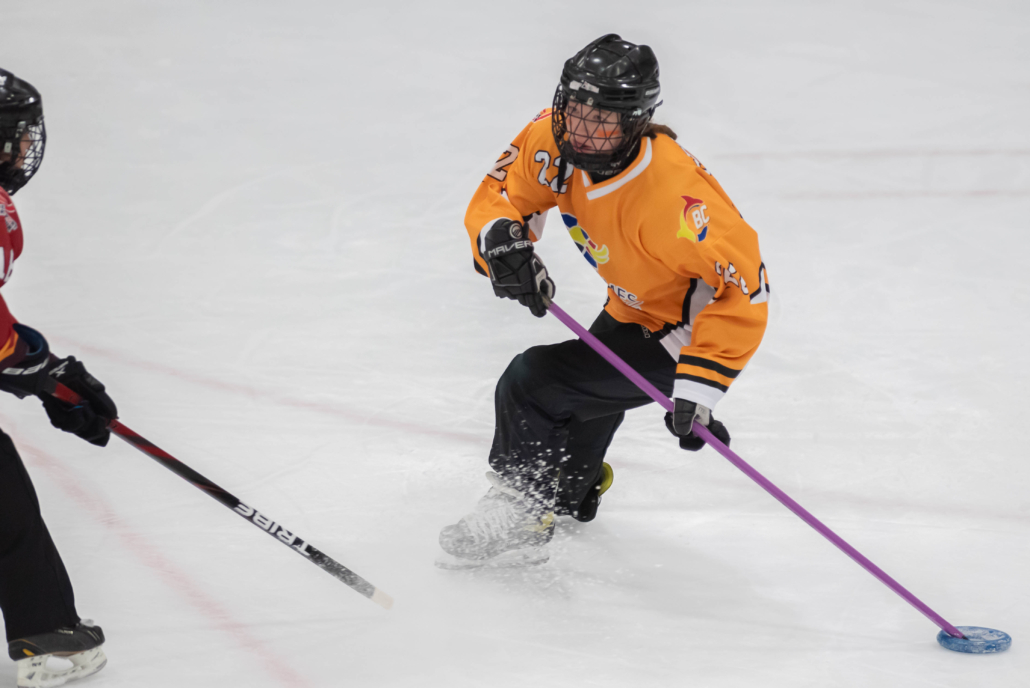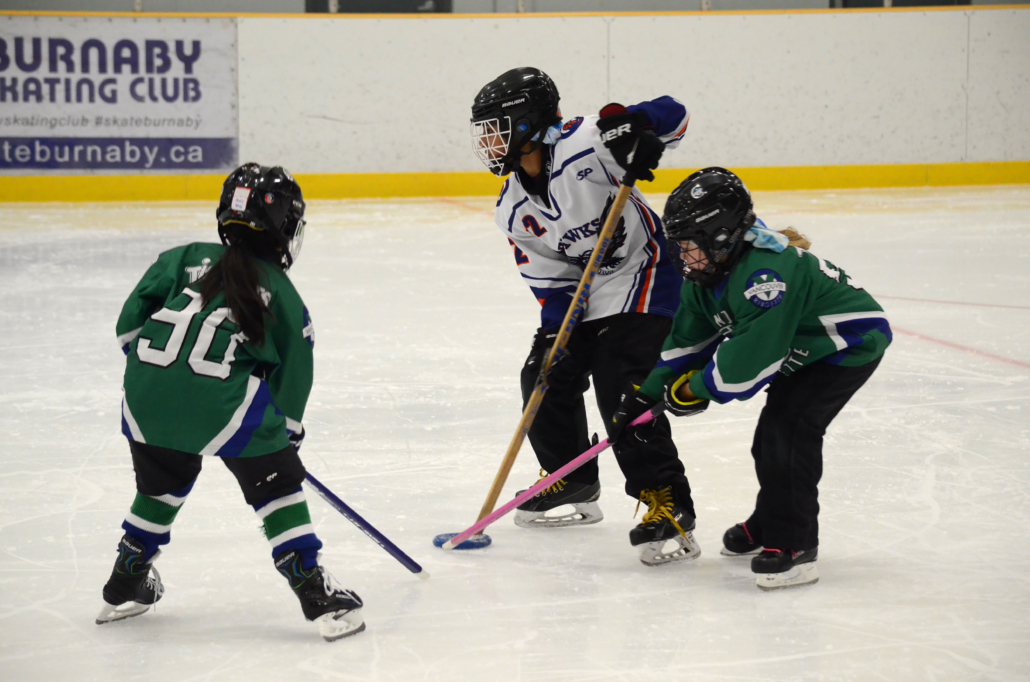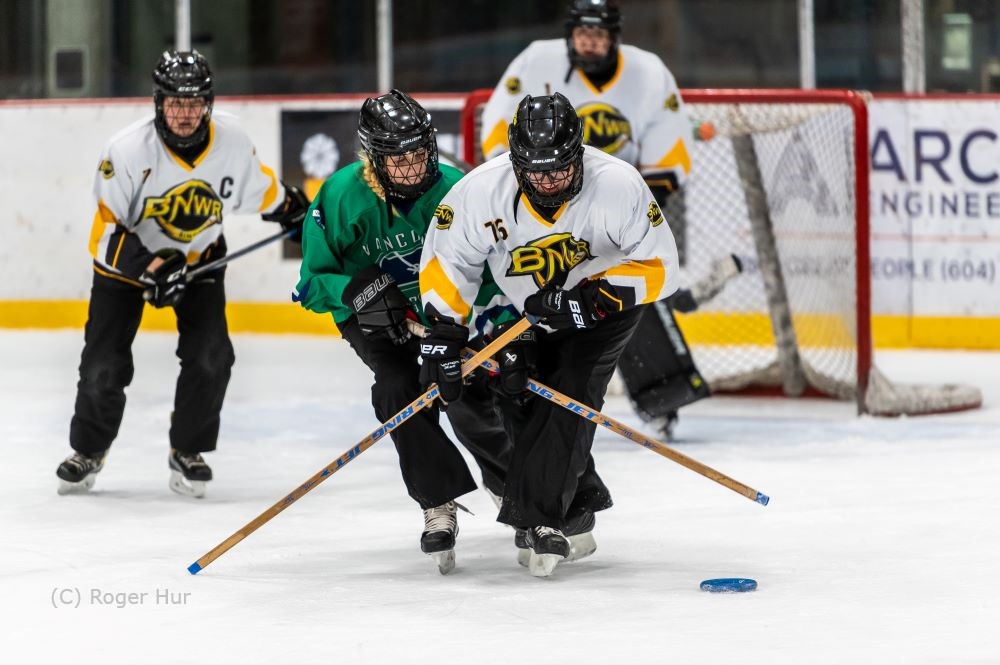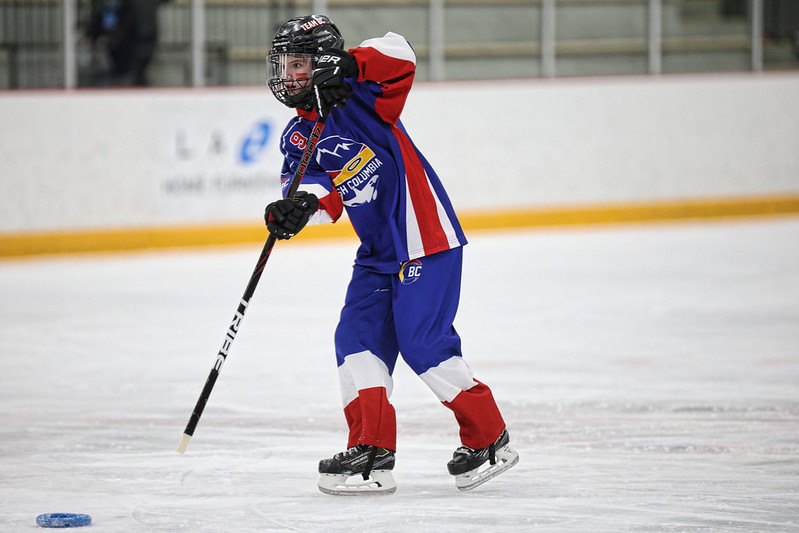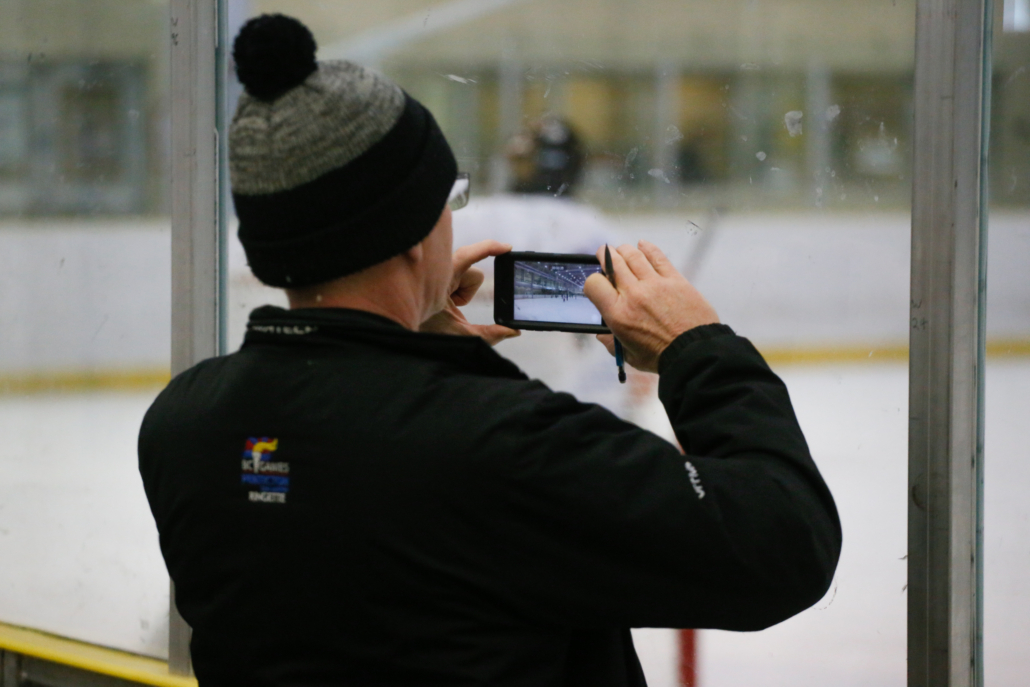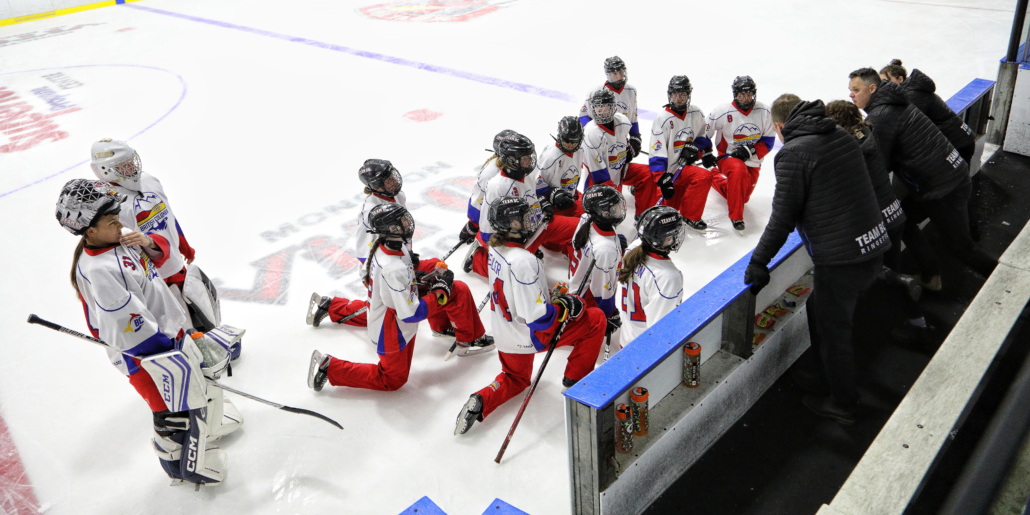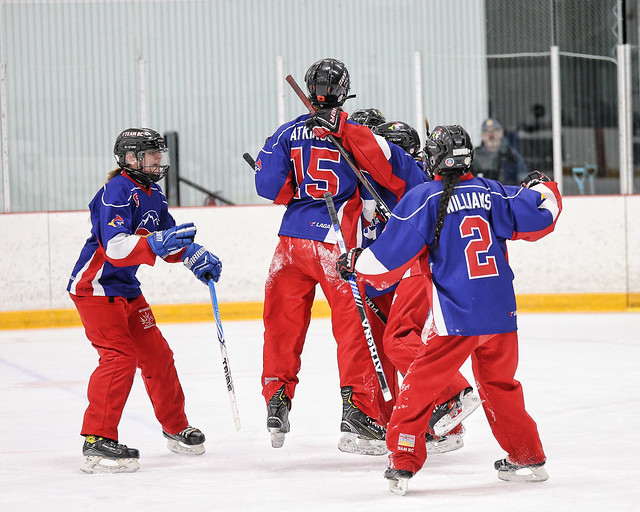Support Resources & Connections
Ringette BC strives to create a safe space for our athletes, coaches and administrators. Part of this is making sure that athletes have access to resources they need in order to care for their mental health. In addition to committing to include mental health in all of our programming, the following resources are available to athletes, coaches, and administrators.
National and Regional Organizations
Canadian Centre for Mental Health in Sport
- Sport-focused mental health resources and self-referral options.
 Canadian Sport Psychology Association
Canadian Sport Psychology Association
Search for useful resources and tools.
-
 Kids Help Phone
Kids Help Phone- Support for kids and teens.
 Canadian Mental Health Association
Canadian Mental Health Association
- Resources for adults.
 Canadian Coalition for Senior’s Mental Health
Canadian Coalition for Senior’s Mental Health
- Support for seniors.
 Multicultural Mental Health Resource Centre
Multicultural Mental Health Resource Centre
Culturally sensitive mental health support.
Support in Your Community
 PacificSport Okanagan Mental Health Resources
PacificSport Okanagan Mental Health Resources
4 Handouts covering common mental health concerns in sport, plus additional support and information from regional and national associations.
Tools & Support Tipkits
 Bell Let’s Talk Toolkit
Bell Let’s Talk Toolkit
Guidance on having conversations about mental health, tools for teachers and students, and self-care activities.
Educational Resources for Athletes:
Dealing with Performance Pressure:
A Conceptual Model: Mental Health & Performance in North American Athletes
This study links mental health and athletic performance to seven key areas: Stress Management, Mental Skills, Self-Awareness, Managing Setbacks, Intentional Practice, Team Relationships, and Social Support. It emphasizes a holistic approach valuing mental and social well-being as essential for success.
Coping with Injury:
Educational Resources for Parents:
Supporting Your Child Athlete’s Mental Health:
Educational Resources for Coaches:
Creating a Positive and Supportive Team Environment:



